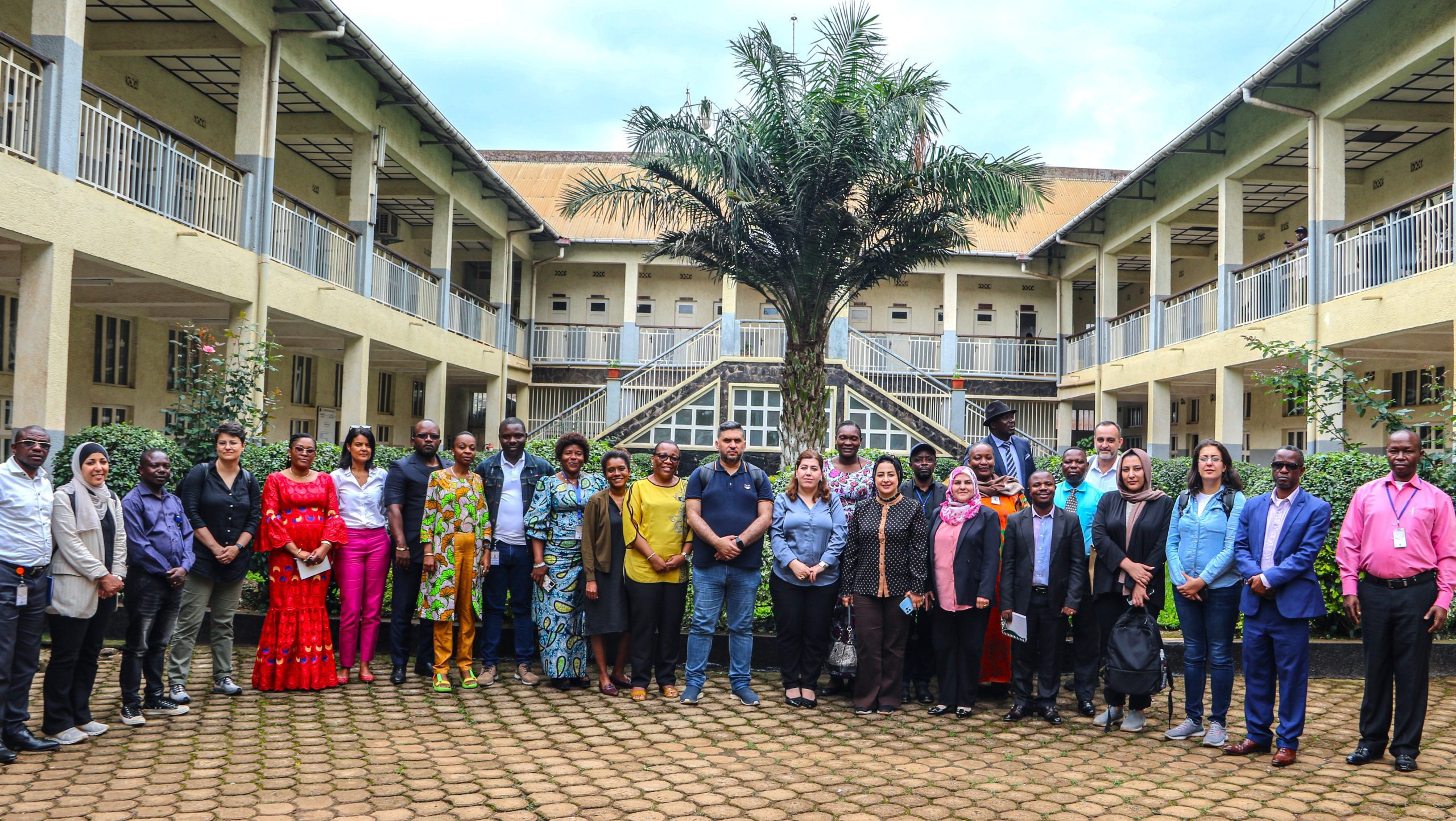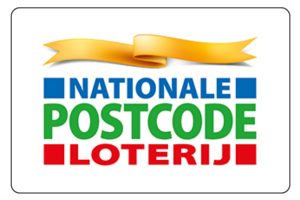July 1, 2024
Iraqi delegation visits Panzi in Bukavu
Welcoming the delegation in the Democratic Republic of Congo
The Mukwege Foundation and Panzi Foundation DRC, alongside the International Organization for Migration (IOM), accompanied a delegation of eleven professionals from Iraq to Bukavu, Democratic Republic of Congo (DRC), where they participated in a week-long learning exchange visit between April 29 and May 3.
The delegation included mental health specialists, key stakeholders from the Ministries of Health and Social Affairs, and the Survivors Directorate within the Ministry of Social Affairs, which is responsible for implementing the Survivors Law, adopted in 2021.
This Survivors Law stipulates a wide range of measures for survivors of conflict-related sexual violence (CRSV) and genocide perpetrated by the Islamic State. This law was adopted in a context where around 2000 Yazidi survivors are still missing, and measures are being taken to support Yazidi and other northern Iraqi survivors of conflict-related sexual violence.
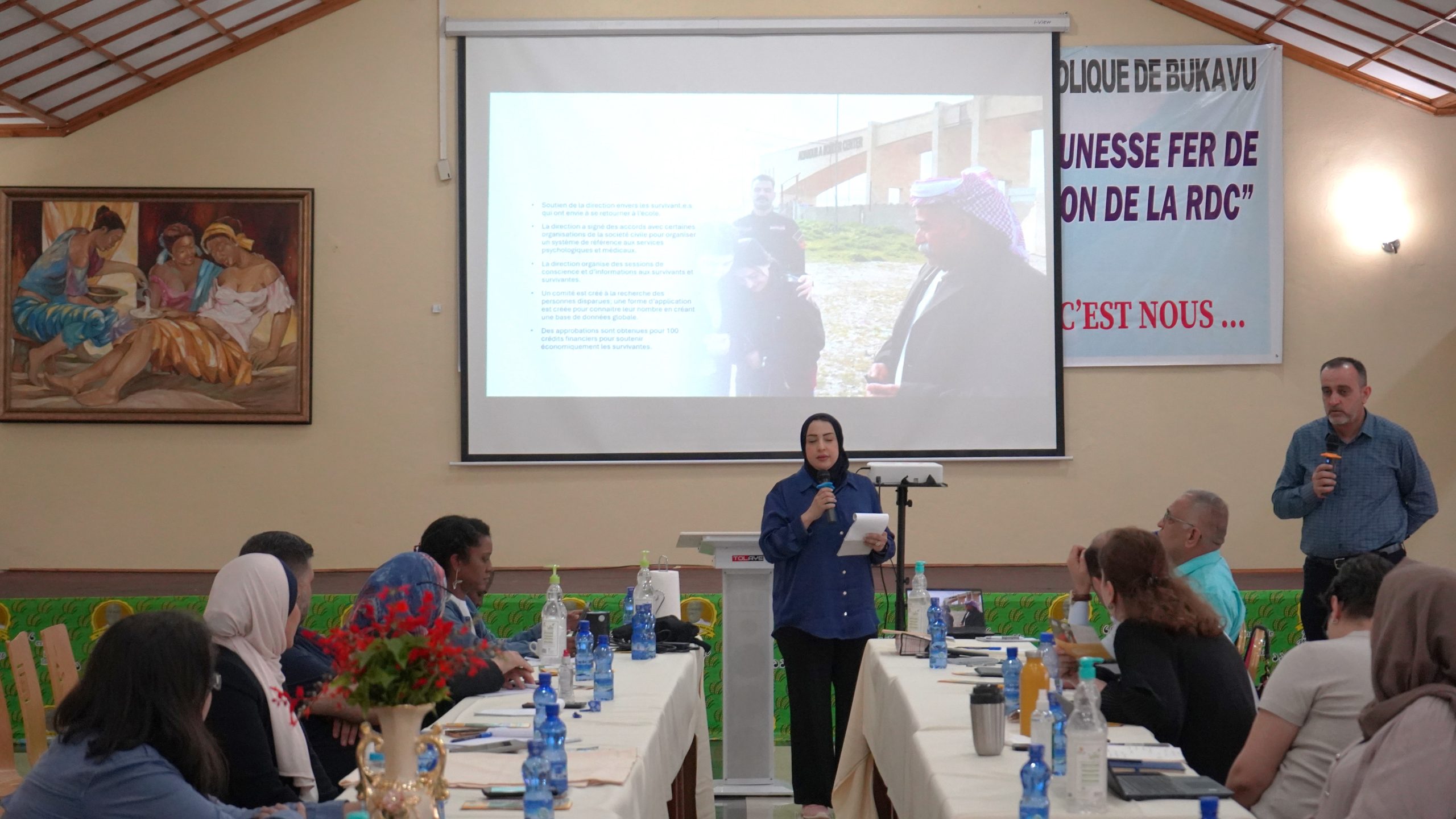
Practice-based learning exchange
The Iraqi delegation visited the main institutions of the Panzi one-stop centre system in Bukavu, DRC: Panzi Hospital, Panzi Foundation DRC, Maison Dorcas, and the City of Joy.
The participants had the space to exchange best practices within the Panzi model, such as community engagement, different forms of psychosocial support tailored to the needs of survivors of sexual violence, the « Maman Chèrie » model, specialised psychological support for children affected by conflict-related sexual violence, innovations in forensic documentation, and more.
The Iraqi stakeholders also shared about their work and what key lessons from the exchange process they might already be able to take forward as they consider establishing holistic care centres in Iraq to ensure the provisions of the Survivors Law.
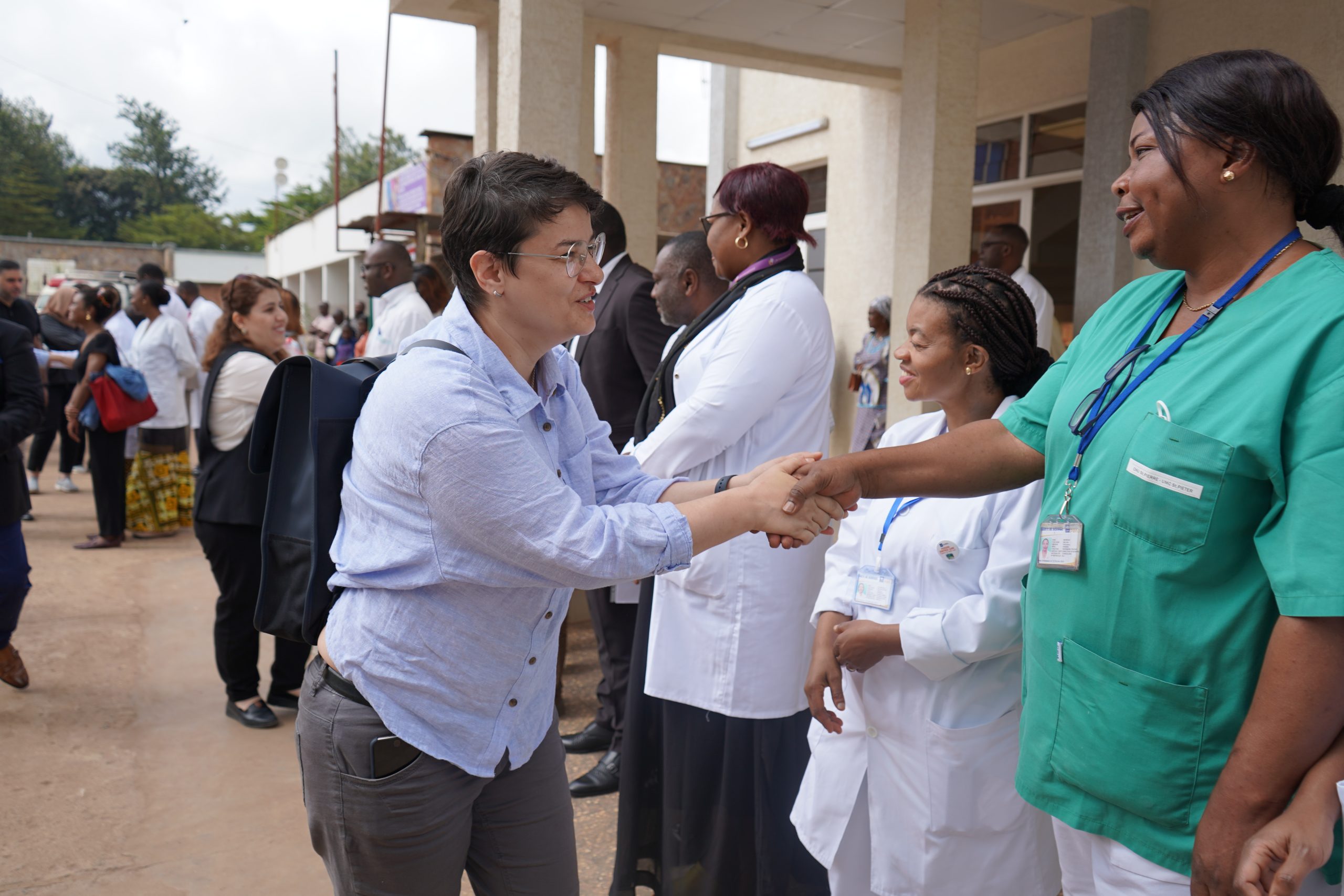
Five years of cooperation in Iraq
The transcontinental exchange Iraq-DRC follows five years of the Mukwege Foundation’s active engagement in this context, supporting efforts to strengthen survivor networks and ensure survivor-centredness of policies and access to holistic care. Since 2019, the Mukwege Foundation has supported and collaborated with survivors of conflict-related sexual violence from Yazidi and other ethno-religious minorities in northern Iraq.
The collaboration started with the first visit in 2018 when Dr. Mukwege and the director of the Mukwege Foundation visited Iraq. While in Dohuk, they met with Yazidi and other minority survivors of sexual violence perpetrated by the Islamic State.
Shortly after, in December 2018, Yazidi activist and survivor of conflict-related sexual violence Nadia Murad and Dr Mukwege received the Nobel Peace Prize for their work against the use of sexual violence as a weapon of war. Since then, the two Nobel laureates have collaborated on several global advocacy initiatives, including the creation of the Global Survivors Fund, a survivor-centric organisation with a mission to enhance access to reparations for survivors of conflict-related sexual violence around the globe.
Holistic care from a survivor-centred approach
The Mukwege Foundation has supported Iraqi survivors with access to medical referrals, psychosocial and socio-economic support activities, and training by providing sub-grants and training to partners in Iraq. Those efforts are inspired by the Panzi holistic care model, including psychological care for children affected by conflict-related sexual violence.
In November 2023, the Mukwege Foundation collaborated in organising an international workshop, which facilitated the sharing of experiences in delivering psychosocial support services to survivors of conflict-related sexual violence.
The Mukwege Foundation’s Head of Holistic Care presented the Panzi one-stop-centre model and the philosophy of compassionate survivor-centred holistic care.
Following this workshop, the participants from Iraqi institutions were highly interested in visiting Panzi and other partners in the Middle East and Northern Africa (MENA) region to learn from different models and experiences.
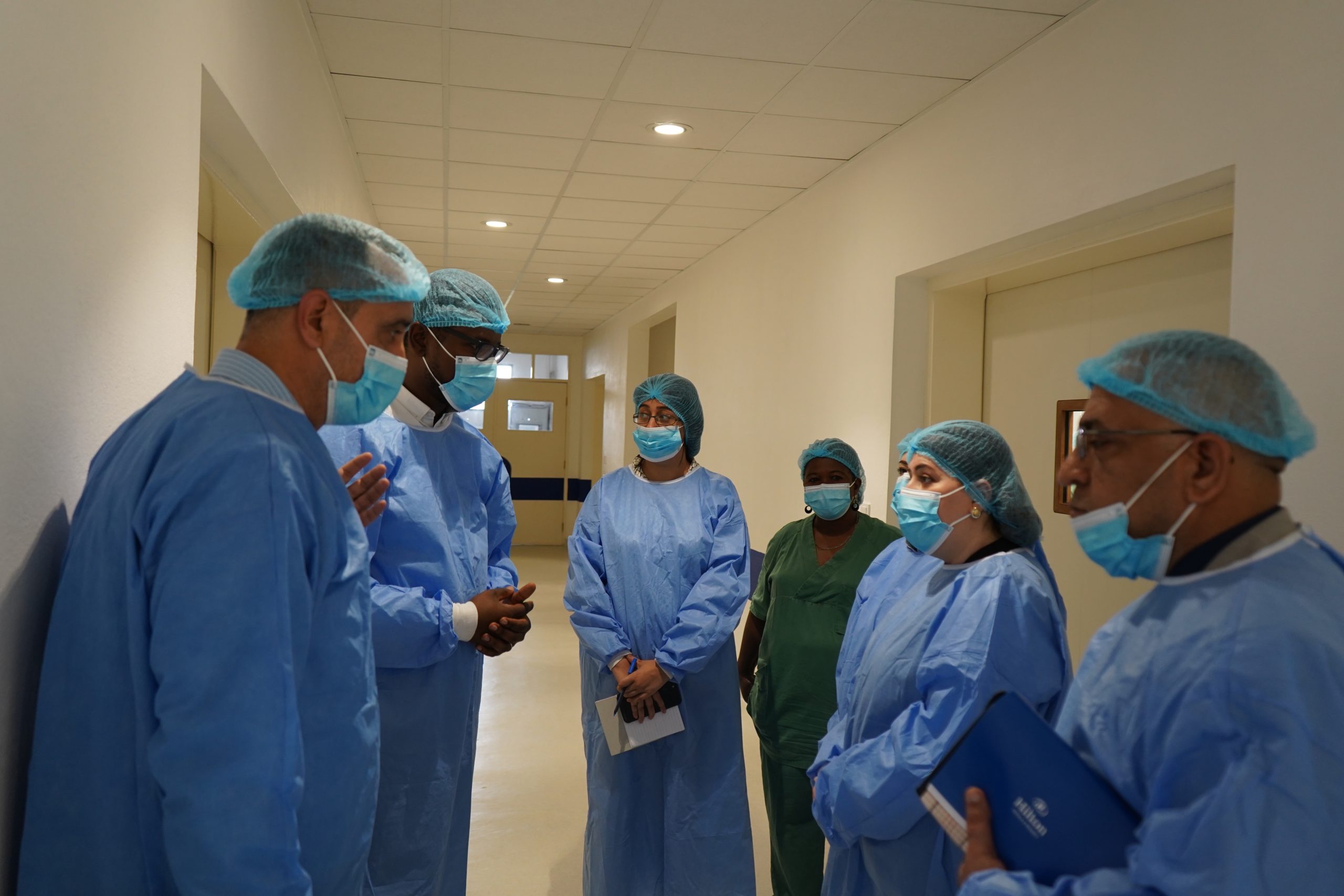
Next steps
The Mukwege Foundation will continue to strengthen its collaboration with IOM in Iraq and the Survivors Directorate, work with the Survivors Voice Network, and facilitate exchanges with Panzi to contribute to ensuring that the Survivors Law integrates a survivor-centred, holistic, and trauma-informed approach.
This collaboration in Iraq demonstrates the value and potential of learning exchanges across contexts to strengthen the holistic response to the needs of survivors of conflict-related sexual violence.
Si les contextes dans lesquels s’exercent les violences sexuelles peuvent être différents, les souffrances qu’elles engendrent sont universelles. Le modèle de prise en charge holistique repose sur quatre piliers complémentaires – médical, psychologique, socio-économique et juridique – et devrait être reconnu comme un droit humain à la réhabilitation pour toutes les victimes de violences sexuelles, en temps de guerre comme en temps de paix. La reconnaissance effective de ce droit à la réhabilitation est appelée à constituer un formidable levier, non seulement pour restaurer la dignité des femmes, mais aussi pour prévenir la violence et favoriser la réalisation de nombreux objectifs de développement durable.- Dr Denis Mukwege
[English translation] While the contexts in which sexual violence occurs may be different, the suffering it causes is universal. The holistic care model is based on four complementary pillars: medical, psychological, socio-economic and legal – and should be recognised as a human right to rehabilitation for all victims of sexual violence, in times of war as well as in times of peace. The effective recognition of this right to rehabilitation is called upon to constitute a strong leverage, not only for restoring women’s dignity, but also to prevent violence and promote the achievement of many sustainable development goals.- Dr Denis Mukwege
Conclusions
Around 2000 survivors from Yazidi and other minorities have already been identified in Iraq by the Survivors’ Law Verification Committee. Survivors of conflict-related sexual violence have the right to access survivor-centred holistic care services that truly respond to their needs and contribute to their recovery and resilience.
Together, the Mukwege Foundation and Panzi advocate that one-stop-centres and one-stop models are effective means of organising and delivering holistic care services. Thus, the Foundations are ready to accompany the Government of Iraq in its efforts to ensure this type of holistic care as a form of reparations.
Thank you
We thank IOM for co-organising the learning tour as part of their Transitional Justice programme, with support from the Kingdom of the Netherlands and the United Kingdom. We thank the Panzi Foundation for facilitating this learning exchange. We also extend our sincere thanks to the Survivors Directorate and the entire delegation for their participation.

